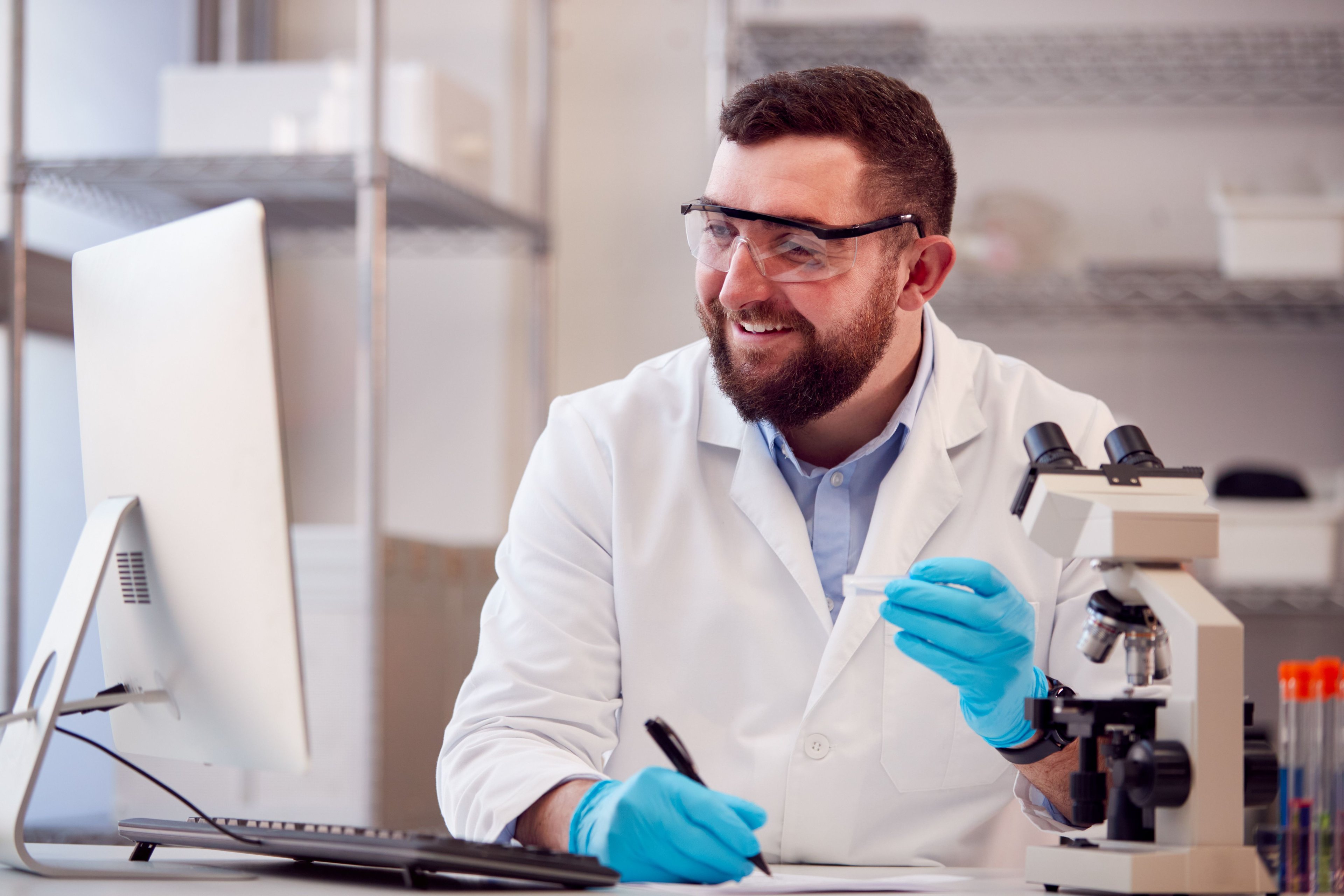What happened
Shares of Exelixis (EXEL +0.48%), a biotechnology company focused on the development of drugs to treat various types of cancer, moved steadily higher by a cool 10% in July, according to data from S&P Global Market Intelligence. A confluence of catalysts appears to be behind the bullish move.
So what
To start with, on July 10, Bristol-Myers Squibb (BMY 1.10%) and Exelixis announced that they had commenced a phase 3 trial known as CheckMate 9ER that'll evaluate the combination of Bristol-Myers' cancer immunotherapy Opdivo in combination with Exelixis' Cabometyx as a first-line treatment for advanced renal cell carcinoma (RCC) versus the current standard-of-care treatment, Sutent. The study will also examine the combination of Bristol-Myers' Opdivo and Yervoy with Cabometyx in the same indication. Even though Exelixis wowed in the phase 2 Cabosun study in first-line advanced RCC, any added label indications that could grow its market share are a welcome sight for investors.

Image source: Getty Images.
Secondly, in mid-July, Exelixis announced the settlement of an ongoing dispute with Genentech, a subsidiary of Roche (RHHBY +1.56%) concerning Cotellic, which is part of a combination therapy with Roche's Zelboraf to treat metastatic melanoma. Exelixis will continue to be entitled to an equal share of profits and sales initially, which decreases as sales increase, as specified in the duo's original agreement. However, beginning July 1, 2017, "the revenue applied to the profit and loss statement for the Cotellic collaboration will be calculated using the average of the quarterly net selling prices of Cotellic and any additional branded Genentech product(s) prescribed with Cotellic." Long story short, it removes an overhang for Exelixis, and may provide the company with a little more revenue and profit. The growth story here, though, remains Cabometyx.
Lastly, I think it would be foolish (with a small "f") to ignore the anticipation shareholders like myself felt waiting for Exelixis to report its second-quarter results. The uptake of Cabometyx has been much quicker than many on Wall Street expected, resulting in recurring profitability taking hold about a year ahead of schedule.
Now what
Exelixis also didn't disappoint when it reported its second-quarter results in early August. Combined net product revenue totaled $88 million, of which $80.9 million was attributed to Cabometyx, and total revenue, inclusive of collaborations, hit $99 million. That's nearly triple the $36.3 million recorded in the second quarter of 2016. Wall Street's consensus now calls for Exelixis to earn $1.57 a share in full-year profits by 2020.

Image source: Getty Images.
Of course, all eyes are now turned to Cabosun and Celestial. Cabosun is the aforementioned phase 2 study involving Cabometyx that led to statistically superior results relative to Sutent in first-line RCC. While nothing is ever a given with the FDA, its chances of expanding into first-line RCC in 2018 look very promising.
Celestial is the true wildcard. This is a phase 3 study examining Cabometyx as a treatment for second-line hepatocellular carcinoma (liver cancer). Unlike its RCC trials, where a statistical improvement in progression-free survival (PFS) was the primary endpoint, a statistically significant improvement in overall survival (OS) is the primary endpoint here. Cabometyx seemingly always hits statistical significance for PFS, but OS hasn't always been a guarantee (ex. the Comet-1 trial for advanced prostate cancer).
Nevertheless, the future looks exceptionally bright for Exelixis, and that's certainly been reflected in its off-to-the-races stock price. While it may no longer be the bargain it once was, modest upside could still be had based on the outcome of Cabosun's new drug application and Celestial's phase 3 results.








